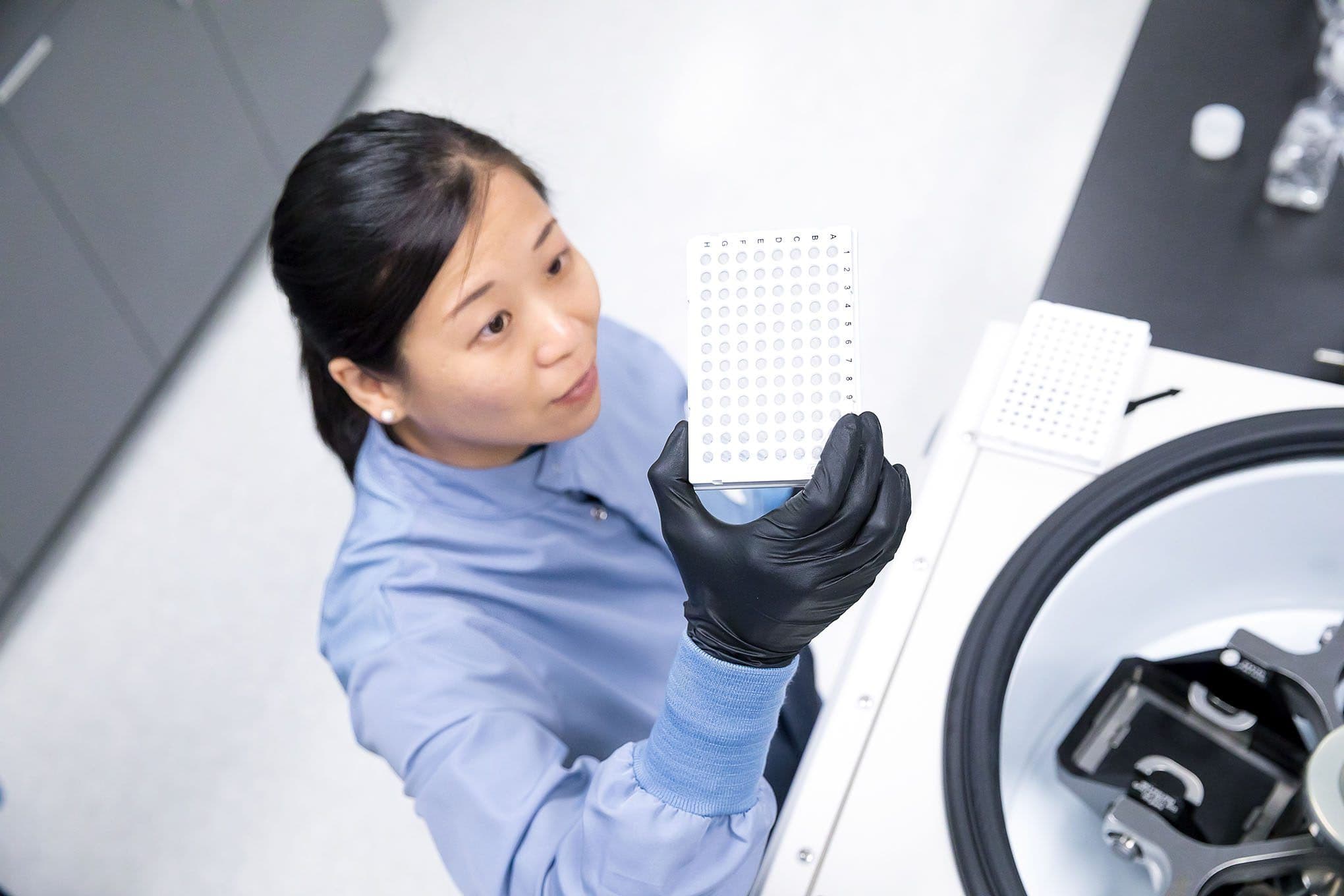The best insights from Helix Science Hour

Helix isn’t just a marketplace for DNA-powered products and services. Yes, that’s a big part of our day-to-day—but behind the scenes, we have an extraordinary team of individuals working to advance the study of human genomics, connect genes to ideas, and tell the story of why your DNA can enable an entire lifetime of breakthroughs.
In the spirit of transparency and collaboration, we love sharing that knowledge with each other; it’s a critical part of Helix’s culture and the way we work. In our weekly Science Hour, members of our Applied Genomics team explain hot topics in their fields of expertise and take any and all questions from Helix staff. Through the #HelixScienceHour tag on Twitter, we’re excited to be able to take questions from you, too.
Here’s just a brief sampling of what we’ve compiled from our awesome scientists in past Science Hours.
What about genomics are you most interested in?People should be able to learn about their DNA in situations that don’t involve disease. The genome is exciting, and I’m interested in helping people learn about it in a more fun and interactive way.Erick Loomis, Ph.D., Scientist
Could DNA insights limit someone’s potential or their motivation to pursue something their DNA tells them is out of reach?The beauty of our DNA is that it’s a starting point, not our destiny.
I want to get my results so I can overcome, or even avoid, my biological obstacles.Keith Dunaway, Ph.D., Bioinformatician
Biologists recently succeeded in storing a movie in DNA. Can DNA really store data?This is DNA tackling a new frontier by doing what it’s good at—maintaining data without loss over long periods of time. DNA storage is a long way off, but it’s not out of the realm of possibility that it becomes a data storage technology in the future.Sharon Briggs, Ph.D., Senior Scientist
What diseases do you think would benefit the most from genomic sequencing technology?We have a long way to go on understanding different subtypes of cancer and even the genetic diversity within a single tumor. We need to understand the full genetic diversity of cancer in order to improve personalized medicine for cancer therapy.Erick Loomis, Ph.D., Scientist
Do chromosomes actually look like puffy X-shaped pillows?Yes, sometimes. Only during cell division, which is a short period of time. Most of the time, it looks just like a bowl of ramen.Alex Bolze, Ph.D., Senior Scientist
We want to take your questions next! Follow along with #HelixScienceHour, connect with our team, and help us take the mystery out of DNA.